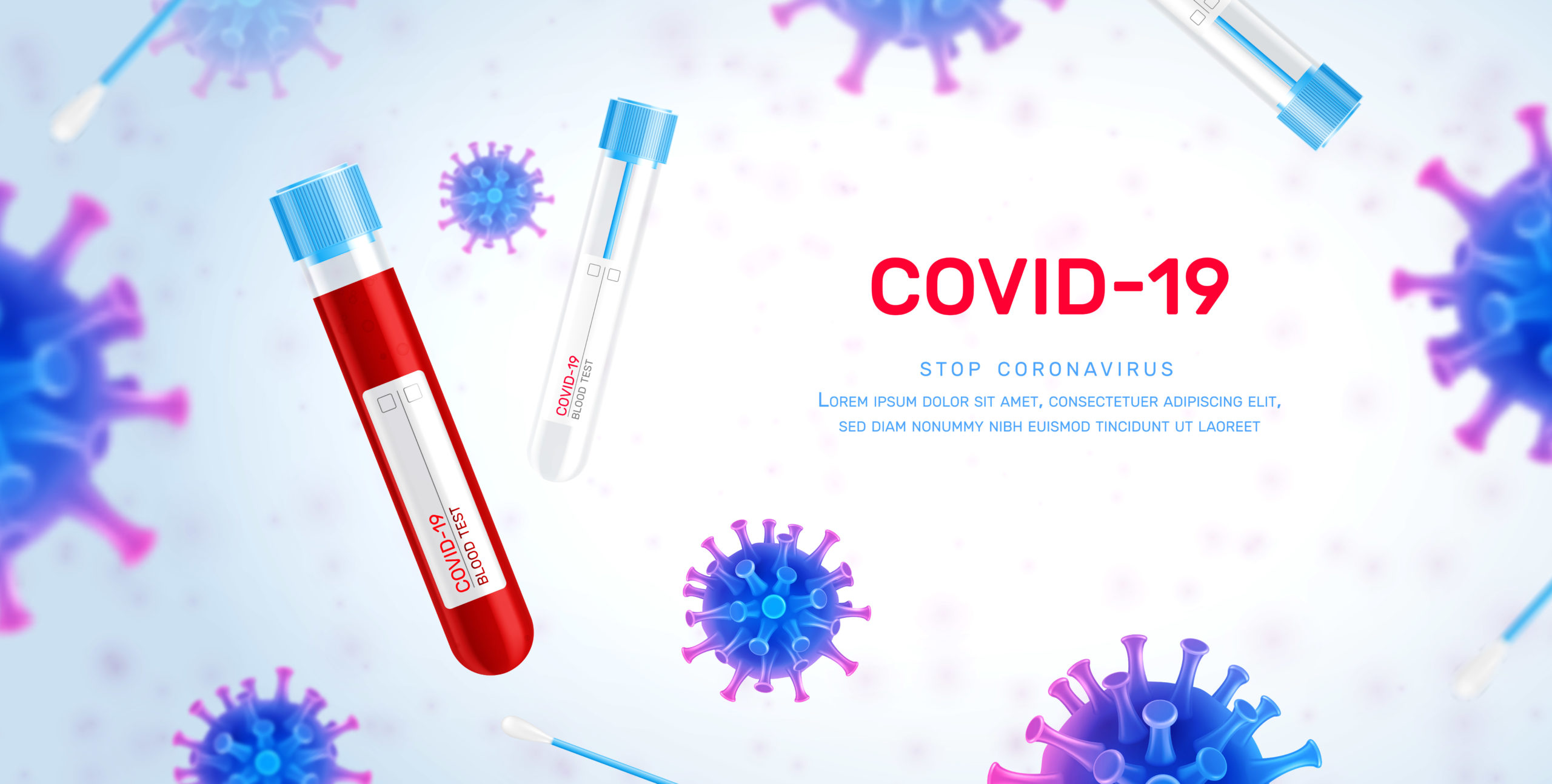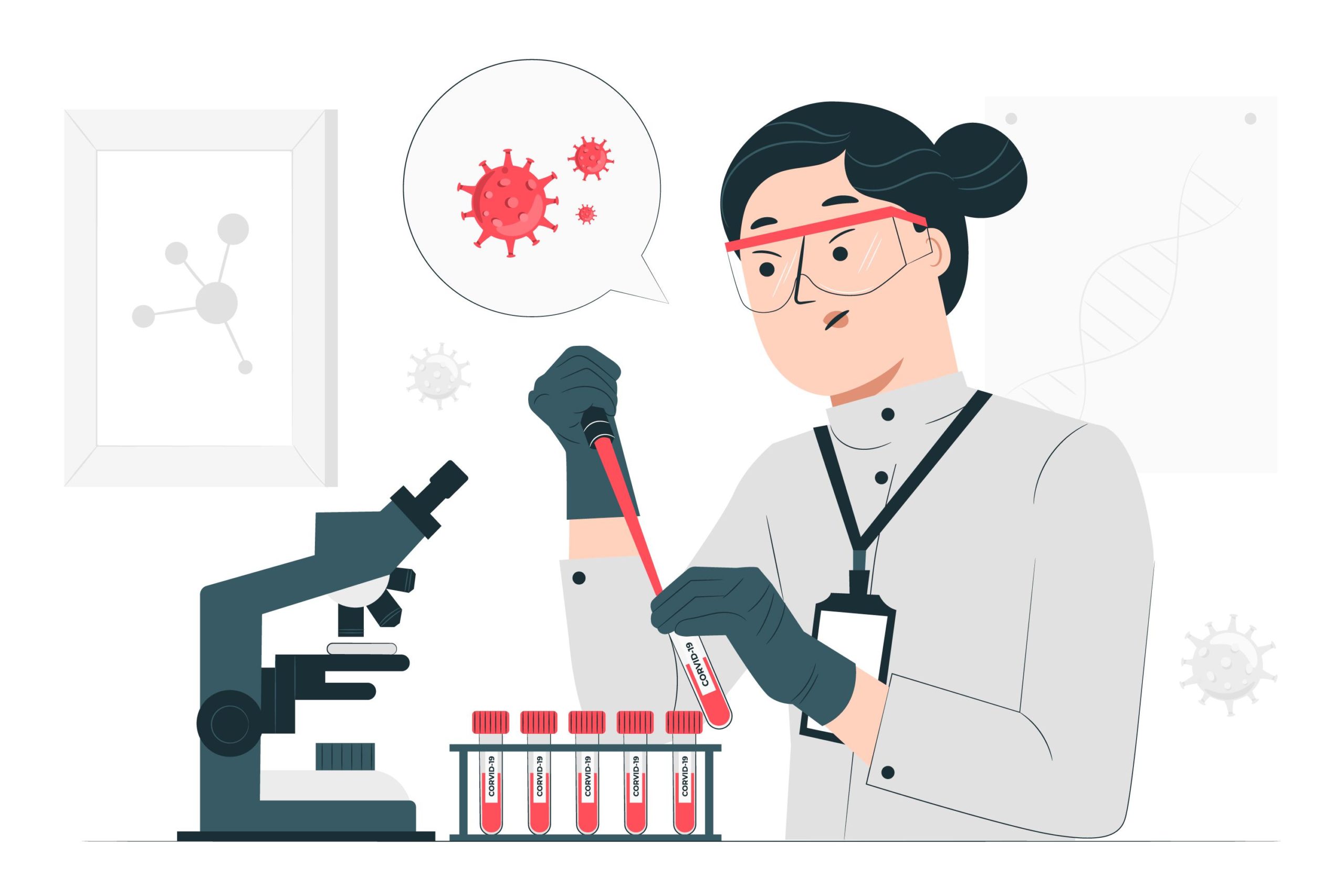The COVID-19 pandemic has pushed doctors and researchers to carefully analyze the working of the antibody test that helps to determine the presence of antibodies in a human body.
The COVID-19 antibody test is also known as serology testing. It is a blood test done to figure out if the person has a history of SARS-CoV-2 infection. -the virus that causes coronavirus disease. An antibody test can not determine if you are currently infected with the COVID-19 virus or not. Antibodies are proteins produced by our immune system in response to an infection. Our immune system, which involves a complex network of cells, tissues, and organs — identifies suspicious substances in our body and helps us fight against infections and diseases. After being COVID-19 positive, it can take two to three weeks to develop enough antibodies to be present in an antibody test. So it is necessary not to be tested soon.

Why an antibody test is done?
Antibody testing for COVID-19 is done if:
- One had symptoms of COVID-19 somewhere in past but wasn’t tested.
- One is about to have a medical procedure done in a hospital. Especially if that person had a positive COVID-19 diagnostic test in the past
- One had a COVID-19 infection in the past and want to donate plasma. A part of our blood that contains antibodies helps to treat others who have severe cases of COVID-19.
If a child is severely sick and the doctor suspects multisystem inflammatory syndrome for the child, an antibody test may be prescribed to help diagnose MIS-C. Many children with MIS-C have antibodies to coronavirus, indicating past infection with the covid-19.
If anyone is interested in having a COVID-19 antibody test, they can contact their doctor or any health department. You can book an antibody test at home at OneDios– a one-stop shop for all the Pathology services.
Are they fully reliable?
An antibody test is never considered to be fully reliable. Because even if someone’s body shows the presence of the antibodies it does not necessarily mean they have immunity against re-infection. The development of antibodies in a person’s body may take few weeks after exposure to the virus. It is still unknown whether the presence of antibodies can prevent you from getting infected again or not.
How is it done?
To take an antibody test for COVID-19, a health care professional takes a blood sample. Usually by drawing blood from a vein in your arm or by a finger prick. Then the sample is tested in a lab to find whether you’ve developed antibodies against the COVID-19 virus or not.
Antibody test results for Covid-19 C may be ready the same day as your test at some places. Other places may have to send test samples out to a lab for analysis, which can take a few days. At OneDios, you get the result the same day.
Results
COVID-19 antibody test results could be positive or negative:
- Positive. It means that you have COVID-19 antibodies in your blood that show past infection with the virus. However, It is also possible to have a positive result even if your body never had any symptoms of coronavirus. False-positive test results can also occur. It may be that the test detected antibodies to a coronavirus closely related to the COVID-19 virus or that the test quality was defective.
- Negative. It means that you have no COVID-19 antibodies, it also means that you were not infected with the COVID-19 virus in the past since it takes time for antibodies to develop. False or negative test results can also happen when the blood sample is collected soon after the infection started. In some cases, the test may be defective.
 A person who had COVID-19 previously or has a positive antibody test result should not feel they are safe from getting a COVID-19 infection again. Doctors are trying to determine whether antibodies provide some immunity to the COVID-19 virus, the level of protection, and how long immunity may last.
A person who had COVID-19 previously or has a positive antibody test result should not feel they are safe from getting a COVID-19 infection again. Doctors are trying to determine whether antibodies provide some immunity to the COVID-19 virus, the level of protection, and how long immunity may last.
Even if your test results show that you have covid-19 antibodies, you should continue taking precautions such as wearing a mask in public places, washing or sanitizing your hands regularly, and most importantly, maintaining social distancing.
